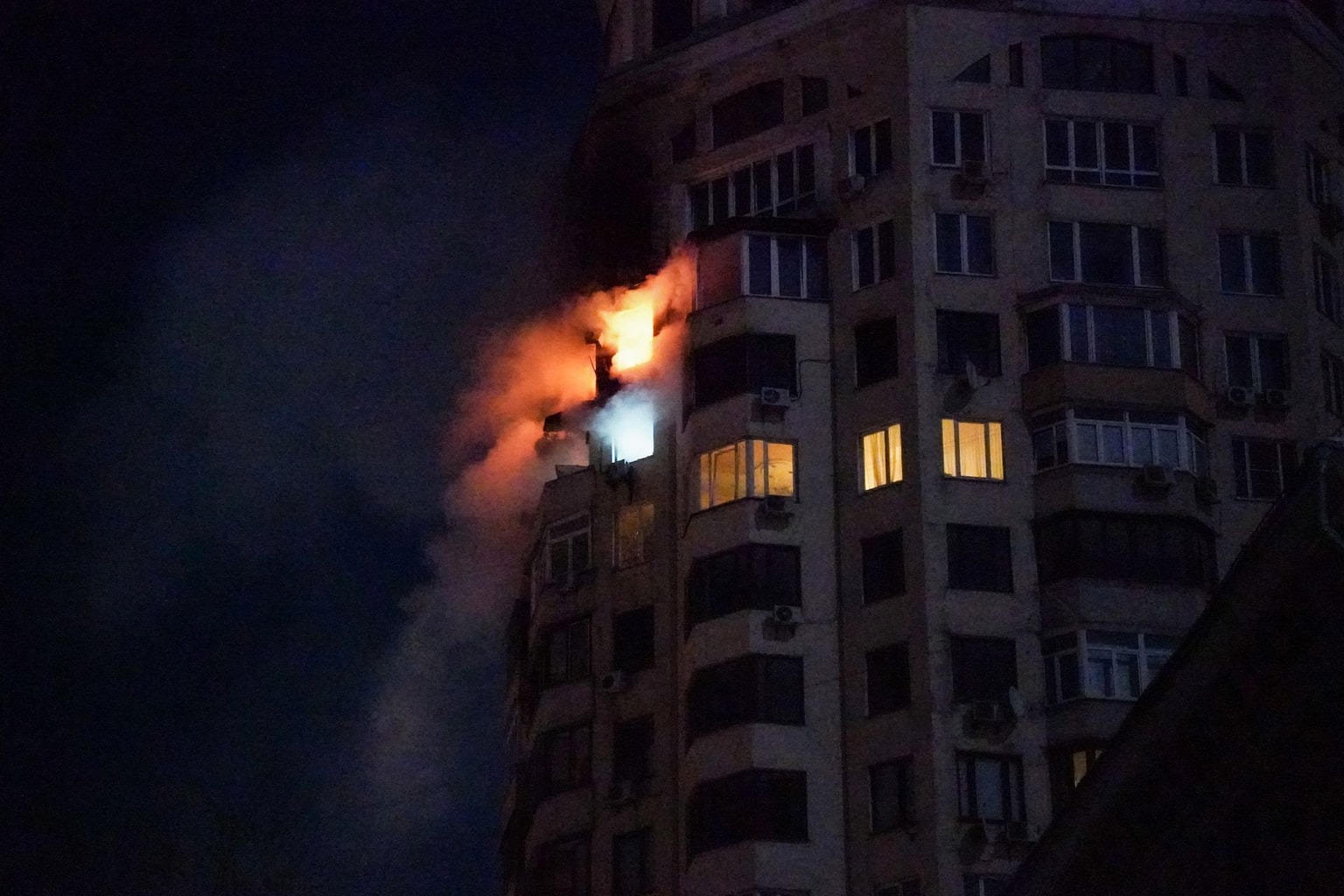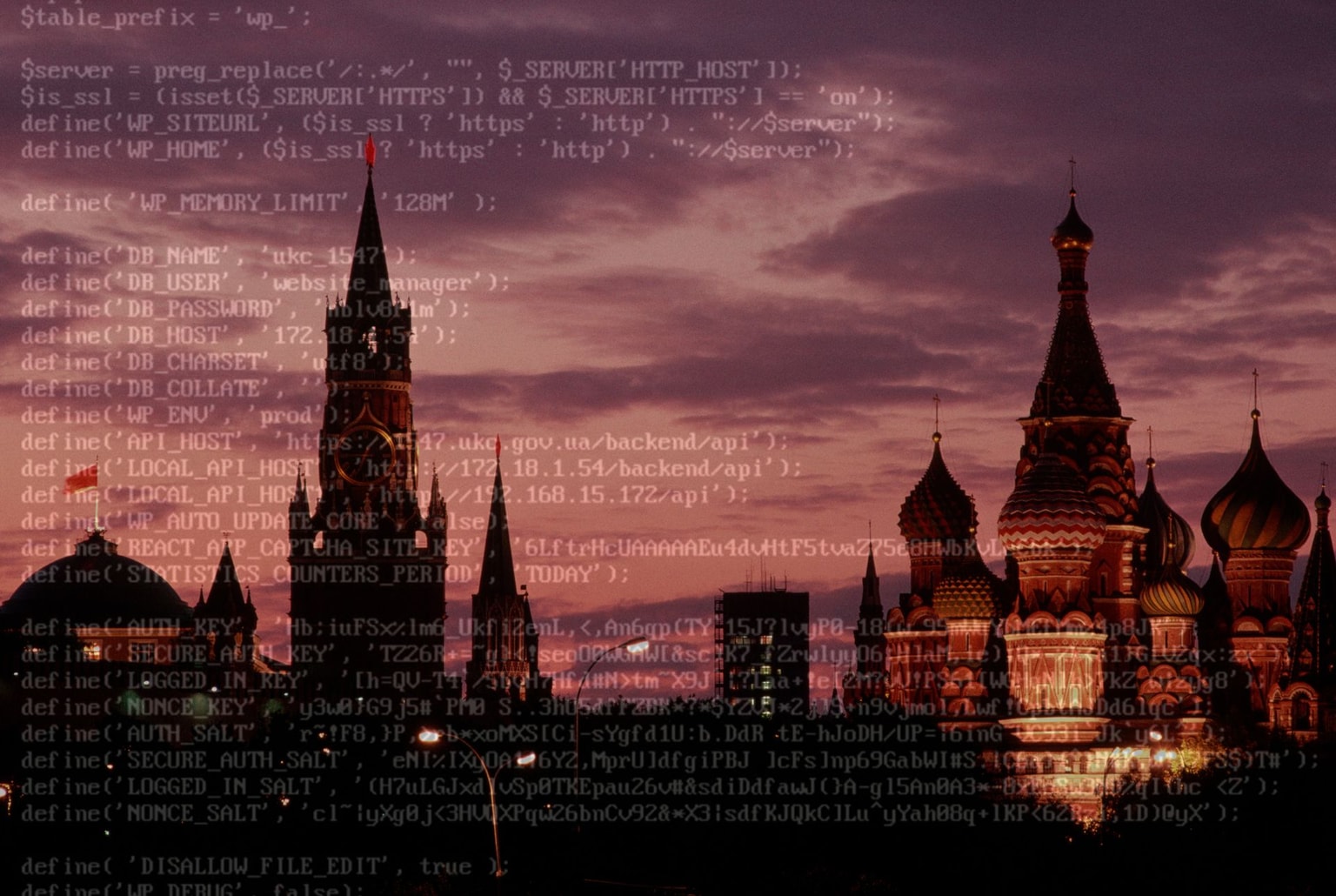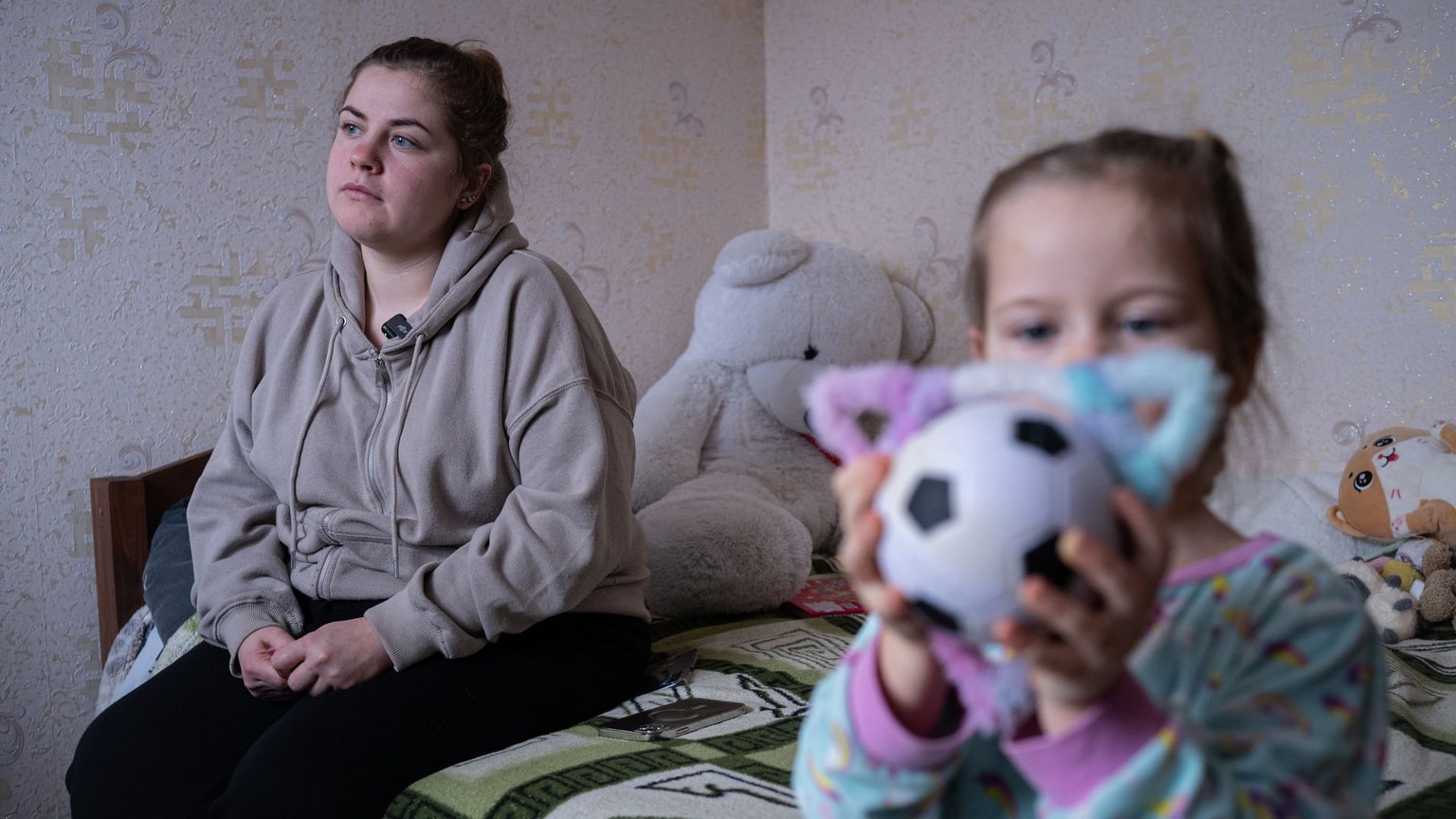US, Russia clash at UN Security Council meeting over Ukraine

The United Nations Security Council meeting on threats to international peace and security held on Jan. 31 turned into a sharp confrontation with little result, as Russia actively denied responsibility for its war against Ukraine.
The council meeting led by Washington's UN envoy Linda Thomas-Greenfield was set to discuss the ongoing Russian military escalation. The U.S. pushed for the meeting before Russia takes over the council’s presidency on Feb. 1.
Thomas-Greenfield said the Russian troop buildup poses a major threat to international peace, emphasizing that the situation is “urgent and dangerous.”
According to Ukrainian Ambassador to the UN Sergiy Kyslytsya, Russia currently has about 130,000 troops deployed near Ukraine, which includes 112,000 on-ground soldiers and an additional 18,000 maritime and aviation military personnel.
Yet, Russian representative wasn't holding back in his attacks.
In a blistering attack in the UN headquarters in New York, Russia's UN Ambassador Vasily Nebenzya blamed Washington for provoking escalation by falsely claiming that Moscow is preparing to invade Ukraine.
Nebenzya accused the West of bringing “pure Nazis” to power close to the Russian borders and “making heroes out of those peoples who fought on the side of Hitler.” He claimed that the U.S. wanted to weaken Russia while creating an arc of instability around it.
He also compared Ukraine to Nazi Germany which has been a recurring theme in Russian propaganda.
Kremlin's representative accused the United States of “whipping up hysteria” over Ukraine, calling the meeting an attempt to mislead the international community with a “PR stunt.”
In response, Thomas-Greenfield reminded other UN diplomats about Russia’s pattern of aggression during the last decades, including Kremlin's invasion of Georgia in 2008 and the ongoing occupation of Crimea which began in 2014.
“What would it mean for the world if former empires had license to start reclaiming territory by force?” the US envoy asked.
The United States warned the council that Russia is planning to send 100,000 more soldiers to the Ukrainian border. The Kremlin also seeks to increase its troop presence in Ukraine’s northern neighbor Belarus by deploying an additional 30,000 troops ahead of the joint military drills scheduled for February.
“If Russia further invades Ukraine, none of us will be able to say we didn’t see it coming,” Thomas-Greenfield told council members in opening remarks. “And the consequences will be horrific, which is why this meeting is so important today.”
The UN debate comes amid the ongoing attempts to find a diplomatic solution to Russian escalation. U.S. State of Secretary Antony Blinken will speak over the phone with his Russian counterpart Sergey Lavrov on Feb. 1, according to Russia’s Foreign Ministry. So far talks failed to show result.
“If instead Russia chooses to walk away from diplomacy and attack Ukraine, Russia will bear the responsibility, and it will face swift and severe consequences," U.S. President Joe Biden said in a statement released by the White House on Jan. 31.
Meanwhile, the U.S. Senate is finalizing its sanctions package against Russia amid the Pentagon's warnings that Moscow is continuing to bolster its military presence at the border with Ukraine. The Senate is planning to move the bill forward this week which would include the threat of hard-hitting economic measures against Russia in the event of a full-scale invasion, Financial Times reported on Jan. 30.
Biden warned that Russia would be facing "swift and severe consequences" if it chooses to launch another attack on Ukraine. Russia’s ongoing eight-year-long war against Ukraine has killed over 13,000 people.










